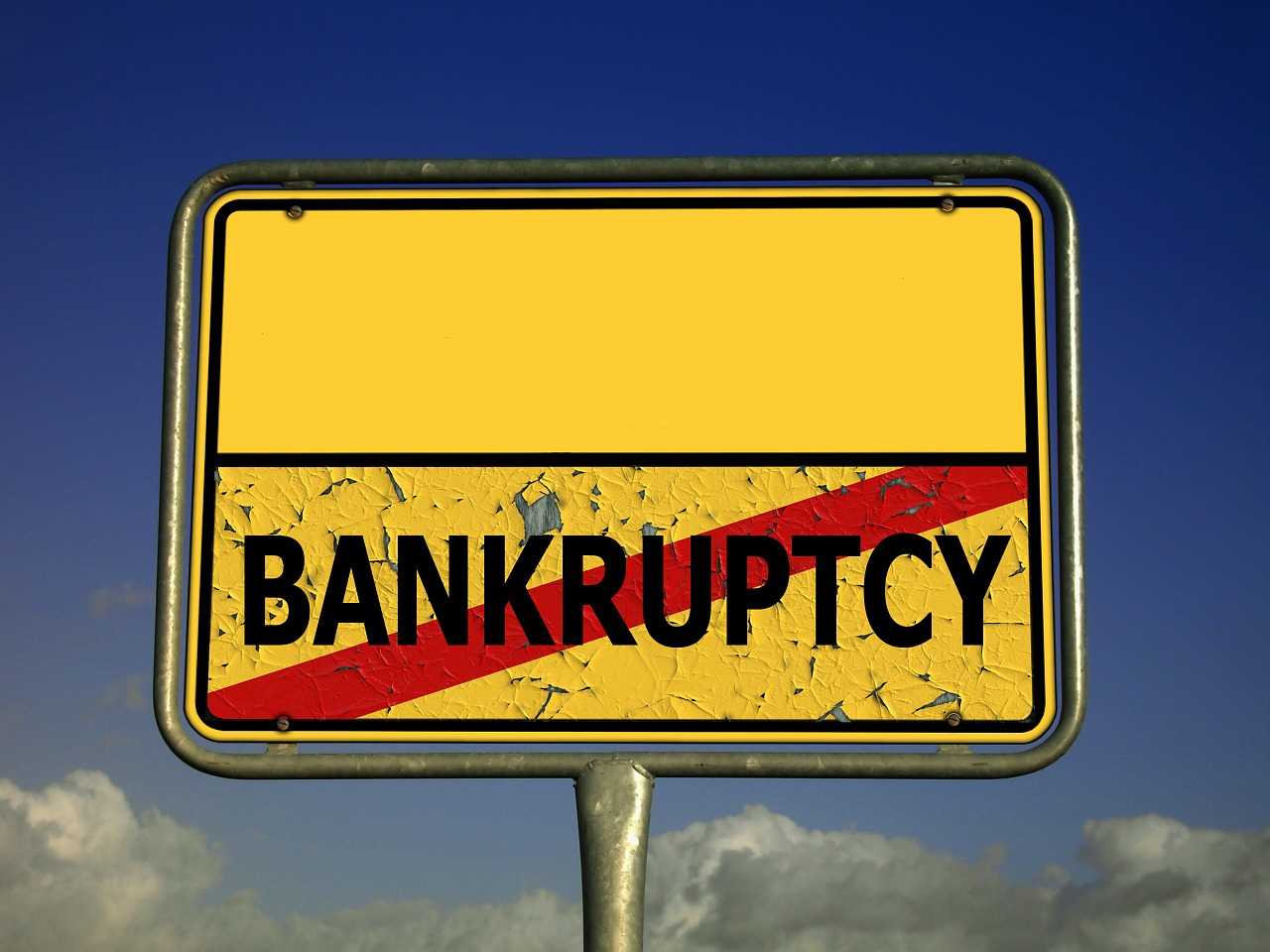
Bankrupt
How many of you have thought about what would happen if your partner became bankrupt? The truth is that when one person in a relationship goes bankrupt, it has serious implications on the financial aspect of the relationship. It’s important to take stock of the situation and make decisions together on how to proceed in order to protect your property. This is an article about what will happen to rental property when bankruptcy becomes inevitable for your partner.
How Does Bankruptcy Work?
Bankruptcy is a legal status that allows a person or business to deal with its debts. It’s a way of legally dealing with past debts where the debtor (the person who owes the money) has no prospect of recovering what is owed without help from outside sources. Once a person is declared bankrupt, this status will remain until the bankruptcy trustee has dealt with all of their debts. A trustee is an impartial individual who makes decisions on behalf of the debtor during the bankruptcy period.
How Can You Tell Whether Your Partner Has Filed For Bankruptcy?
If you are unsure whether your partner is bankrupt, you can check online databases. There are many US companies that offer free access to these types of records.
What Are The Consequences Of Being Declared Bankrupt?
When you are declared bankrupt, you are put under strict restrictions that can have serious implications on your ability to borrow money, and the financial position of any business you might be involved with. You may not be allowed to continue in your profession or engage in business unless it is through a company – all current employment may also come to an end. In most cases, a bankrupt person will have restrictions placed on their ability to open new lines of credit.
Your bankruptcy will not impact your spouse’s individual property. However, if you reside in a community property state, the method by which your assets will be handled during bankruptcy is determined by whether you live in common law or community property setup.
Common Law Setup
A common law marriage is a domestic partnership recognized by the law that was formed without the use of a marriage license or having one’s marriage solemnized in a religious ceremony. In this union:
- You are allowed to keep property that is not considered marital, meaning it was acquired before marriage or through gift/inheritance.
- Shared property will be distributed evenly between both partners if you separated while one partner was already bankrupt – the other partner’s share of the property will be seen as a debt to be repaid.
Community Property Setup
- Spouses are entitled to everything they brought into the marriage unless there is proof otherwise (for example, in some community property states, gifts and inheritances received by one spouse must be disclosed at divorce).
- Properties earned during the marriage are owned jointly by both spouses, even if it is only in one spouse’s name.
- Community debts are shared by both spouses, even if only one spouse signed the loan documents.
What Can I Do To Protect Our Family Home If My Partner Files For Bankruptcy?
If you are considering bankruptcy, the first thing to do is talk to your partner about the options available for protecting your home. One way to protect your family’s home when your partner files for bankruptcy is to apply for exemption under federal bankruptcy laws.
The most common exemptions are for homes, household goods, motor vehicles, retirement plans, and child support. These protections exist because of the government’s desire to avoid having individuals become burdens on society if faced with financial difficulties.
Is Your Rental Property Protected When Your Partner Files For Bankruptcy?
You can only apply for exemption for your home and other property you live in, such as a second house. Unfortunately, if your spouse files for bankruptcy, your rental home is not protected. The trustee can take and sell your property, then distribute the proceeds to creditors.
Ultimately, it will be your decision whether or not to file for bankruptcy. However, you may want to consult with an attorney who can help you determine what options are available in your state. Attorneys are well versed in the laws that govern bankruptcy proceedings and how they might apply to your situation, and as such, they are your best bet to navigate this complex procedure.





